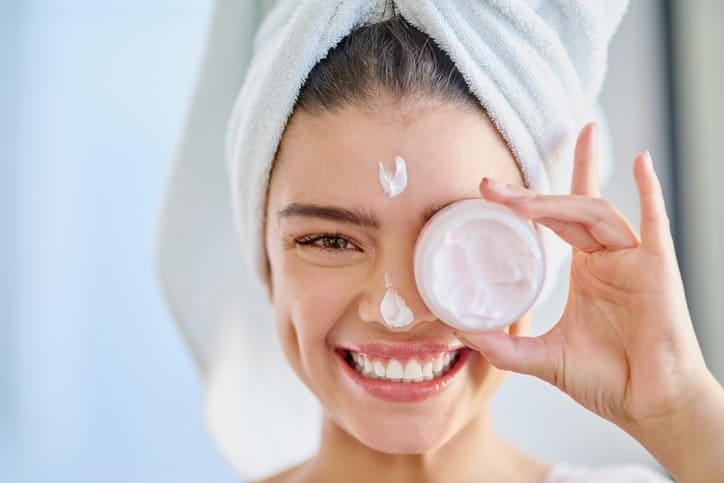How to Choose the Right Moisturizer for Your Skin?
In the world of skincare, the quest for the perfect moisturizer can seem daunting, especially for professionals like beauticians who are constantly seeking the best solutions for their clients. Knowing how to choose the right moisturizer is crucial, not only for personal use but also for recommending the right products to clients. This guide will provide you with insights and tips to help you make informed decisions in selecting the ideal moisturizer.

Understanding Your Skin Type
One of the essential steps in selecting the right moisturizer is understanding your skin type. Skin types vary from person to person and can influence how a moisturizer interacts with the skin. The main skin types are oily, dry, combination, and sensitive. Each type has specific needs, and using a moisturizer that caters to these needs can enhance skin health significantly.
Oily Skin
For those with oily skin, a lightweight moisturizer with a matte finish can help control shine and prevent clogged pores. Look for products labeled as non-comedogenic, which means they won't block pores. Ingredients like hyaluronic acid and glycerin are excellent for hydrating without adding extra oil.
Dry Skin
Dry skin requires a more hydrating and nourishing moisturizer. Products containing ingredients like ceramides, shea butter, and oils such as jojoba or almond can provide the necessary moisture and help repair the skin barrier. These moisturizers are often richer and may have a thicker consistency to lock in hydration.
Reading Ingredients
Beyond understanding skin type, its vital to read and understand the ingredient list on moisturizers. Ingredients play a crucial role in how a moisturizer performs. For instance, if you're dealing with sensitive skin, avoiding fragrances and alcohols that can cause irritation is wise.
Hyaluronic acid is a popular ingredient known for its ability to hold up to 1000 times its weight in water, making it excellent for hydration. Meanwhile, antioxidants like vitamin E and C can protect the skin from environmental damage and free radicals.
Active Ingredients
Active ingredients can target specific skin concerns. For example, salicylic acid is beneficial for acne-prone skin, while niacinamide can help with redness and inflammation. Understanding the role of these ingredients can significantly impact the effectiveness of your skincare routine.
Moisturizer Formulation
The formulation of a moisturizer is another important factor to consider. Moisturizers can come in creams, lotions, gels, and ointments, each suited to different skin types and concerns.
Creams and Lotions
Creams and lotions are typically more suitable for dry to normal skin. They are thicker and provide more hydration, which is essential for locking in moisture.
Gels
Gels are ideal for oily or combination skin as they are lightweight and absorb quickly without leaving a greasy residue. They provide hydration without the heaviness of creams.
Seasonal Changes and Moisturizer
It's also crucial to adjust your moisturizer to the season. During colder months, the skin tends to be drier due to low humidity and indoor heating. Opt for a more hydrating and thicker moisturizer in winter. In contrast, during the summer, a lightweight or gel-based moisturizer may be more appropriate.
Expert Tips for Beauticians
As a beautician, staying updated with the latest in skincare is vital. Regularly checking in with dermatologists and utilizing resources like regular dermatologist check-ups can provide you with the latest insights and recommendations. Understanding the diverse needs of your clients and offering personalized advice can set you apart in the beauty industry.
For more on achieving optimal skincare results, you might find this guide on skin care basics helpful.
Conclusion
Choosing the right moisturizer is a blend of understanding skin types, ingredients, and personal preferences. By prioritizing these elements, you can enhance skin health and tackle various skin concerns effectively. For beauticians, this knowledge not only aids personal skincare but also empowers you to provide exceptional service to your clients.

FAQs
What is the best moisturizer for oily skin?
Look for a lightweight, non-comedogenic moisturizer with ingredients like hyaluronic acid.
How often should I change my moisturizer?
Consider changing your moisturizer with the seasons or as your skin's needs change.
Can I use the same moisturizer for morning and night?
Yes, but consider using a lighter formula in the morning and a more hydrating one at night.
This article contains affiliate links. We may earn a commission at no extra cost to you.

